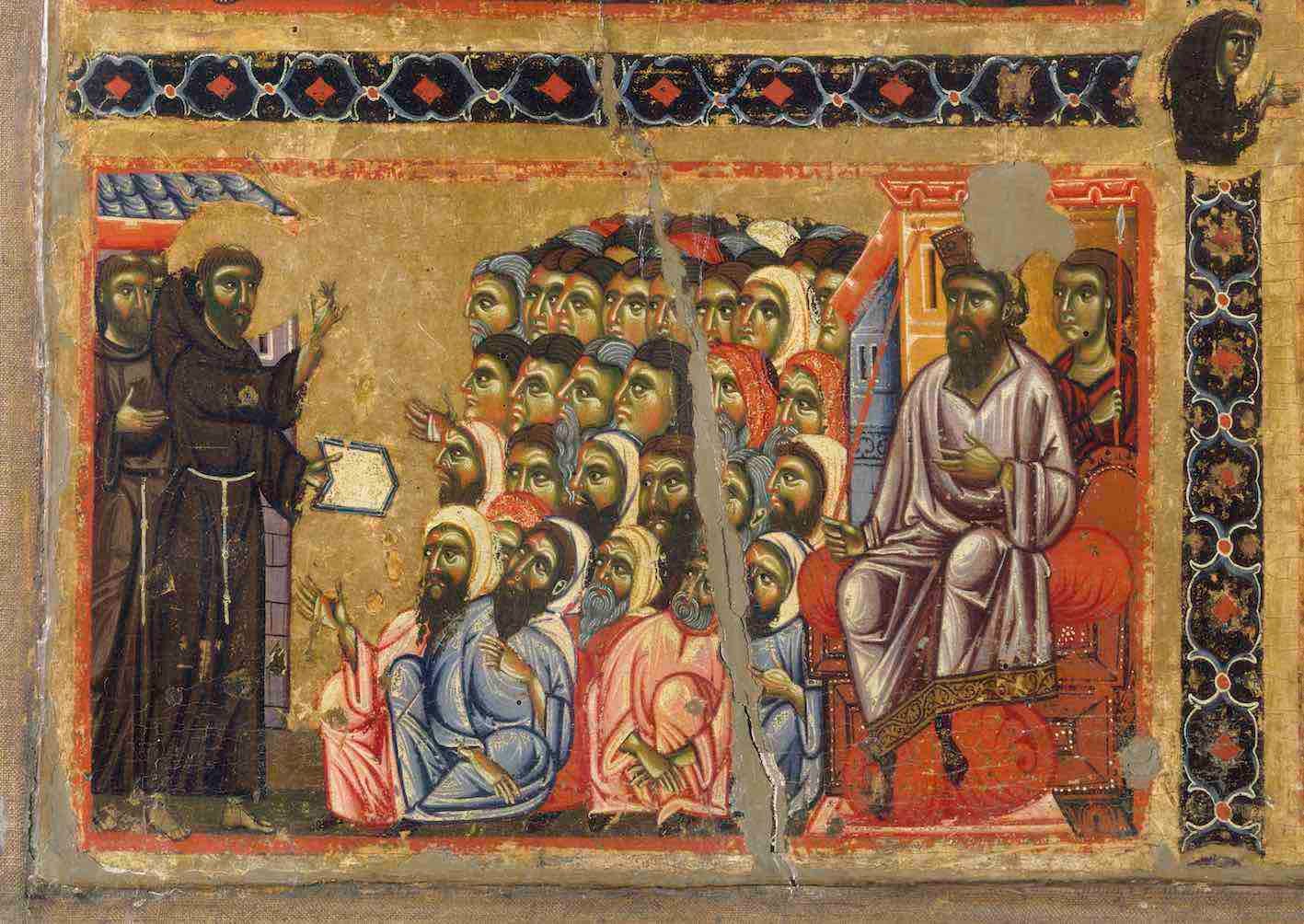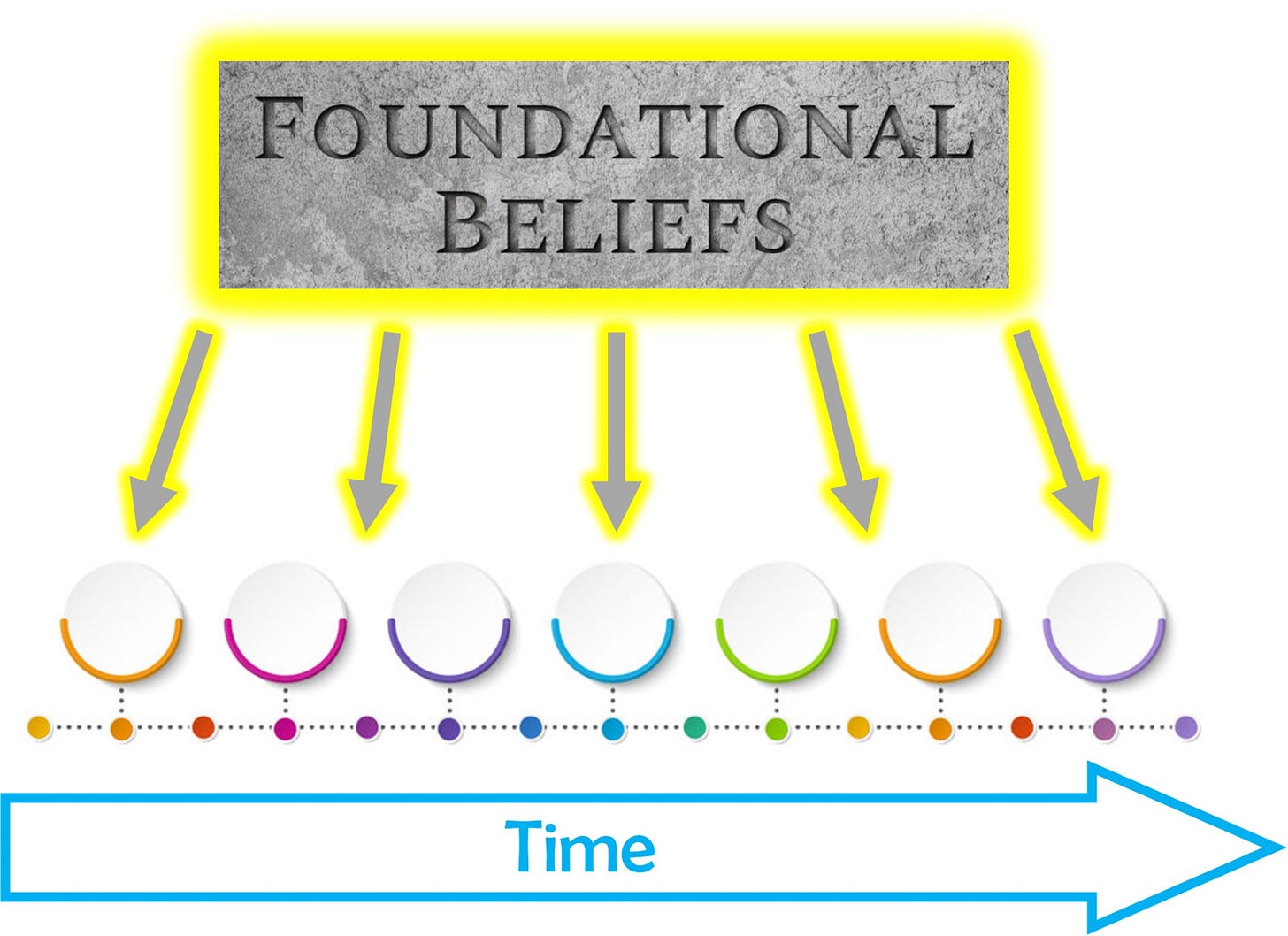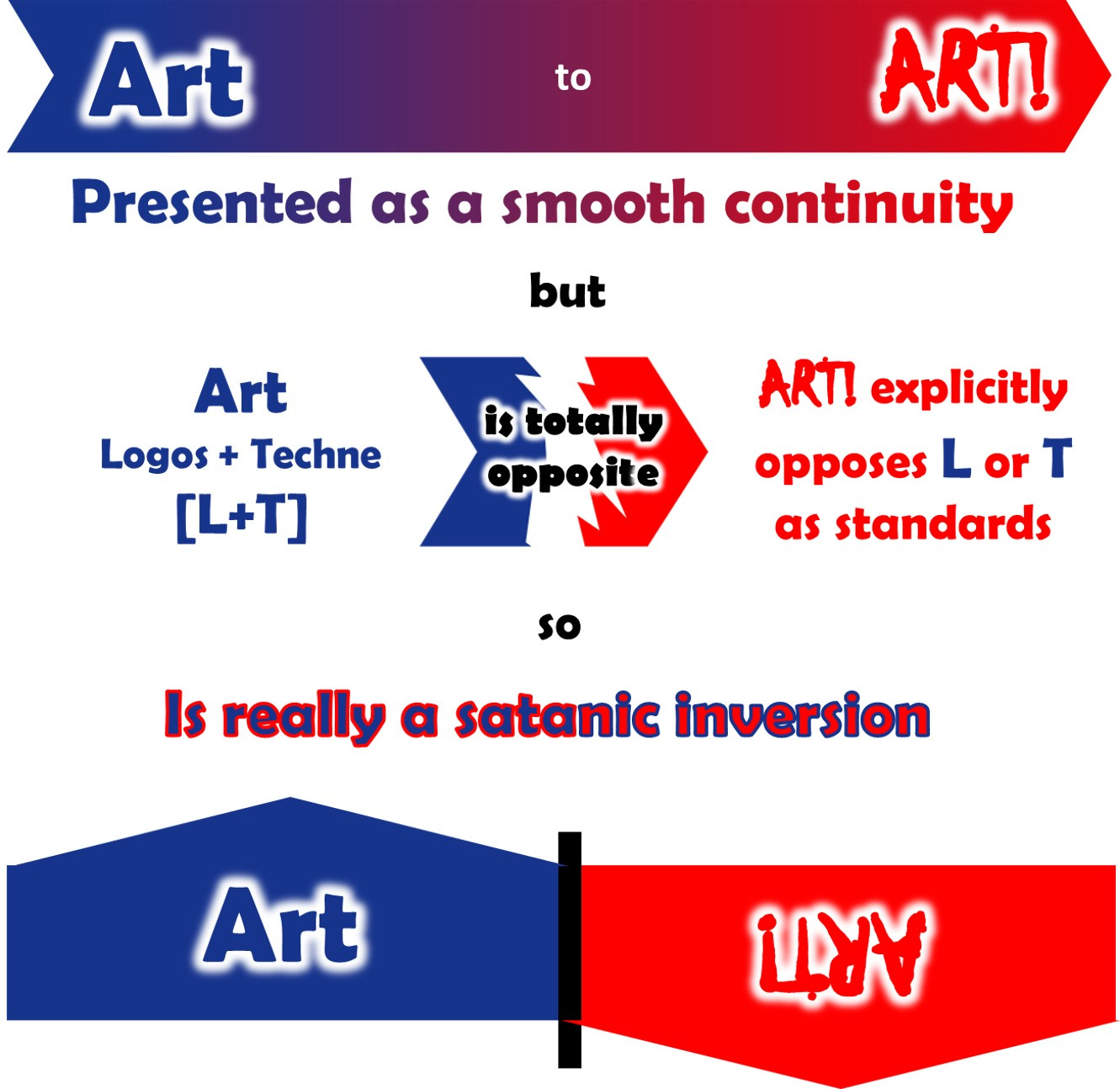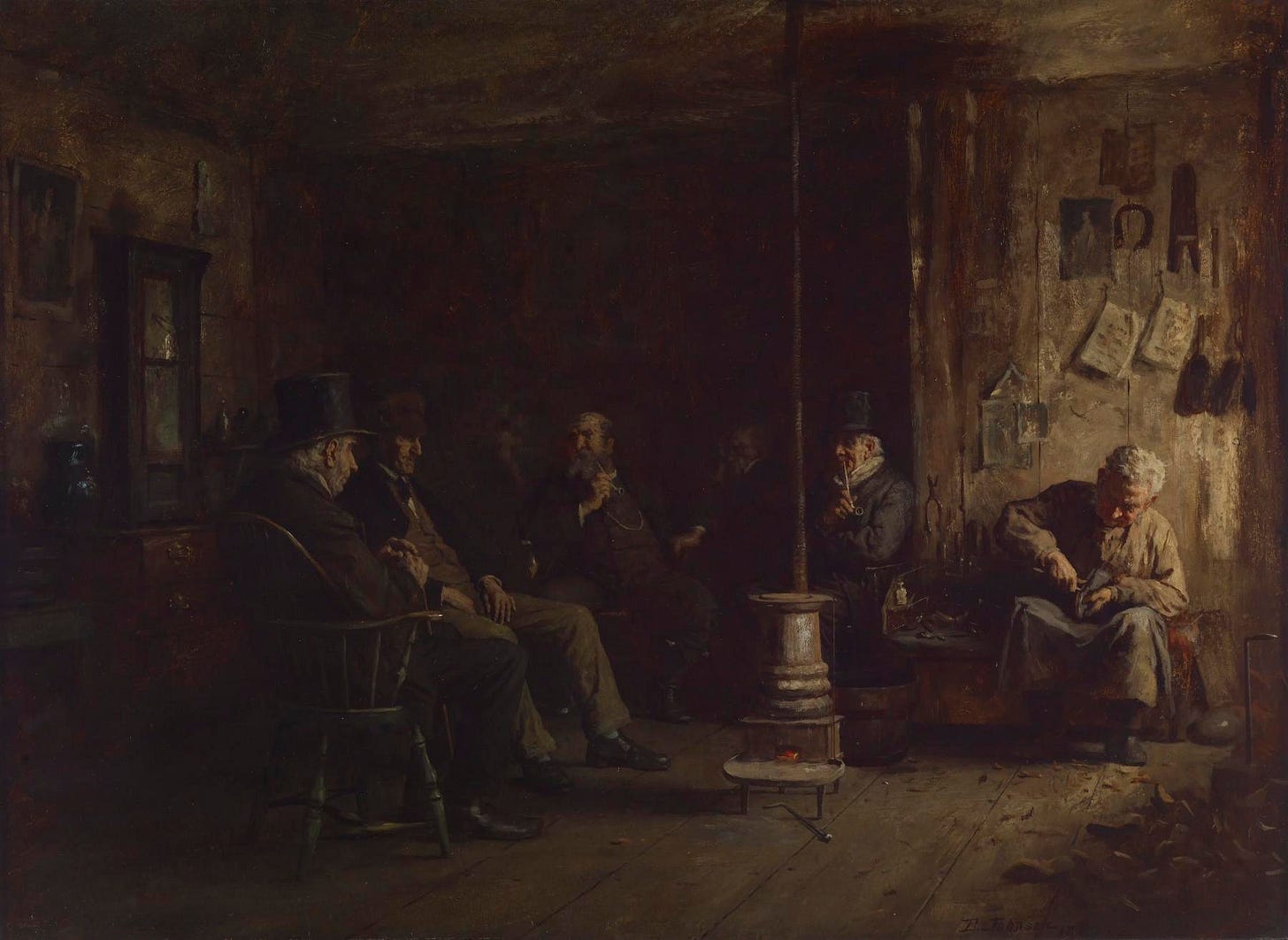Émile Friant, The Entrance of the Clowns, 1881, oil on canvas, Private collection
Observations for organic socialization seem timely. It’s clear that that’s the only path out of the collapsing House of Lies with a bright reality-facing future. The problem is that swaths of the population have been robbed of opportunities to do so. Basic patterns are unfamiliar. The internet has taken up some slack, but also brought pathologies. Plus it can’t help much when a line is down and the community has to be able to fix it themselves. No guru advice, just basic considerations when branching into real life socialization. Because unlike the internet, if it goes wrong, there’s no quick new handle reset.
Coppo di Marcovaldo, Francis Preaches before the Sultan, around 1243, Florence, Basilica of Santa Croce, Bardi Chapel
It’s normal for groups or movements to seek to expand. Certainly any looking for broad public support or influence - like religion and ideology. The catch is that there are two ways to do that, with only one being good. As in aligning with the true or reality. That one is having a positive, effective, moral message that betters lives and the discipline to live it. This will draw people of similar caliber seeking something more than race to the bottom beast garbage. Growth will be slow if the values are sound, non-existent if unsound. Because the quality pool is small - FTS-1s and a few favorably wired 2s. Over time, more can be drawn to a pure light. So long as standards are held fast against direct subversion and moral entropy.
The other is “the big tent”. This is when major tenets of the foundational ideology are chucked to attract people that dislike them. The problem here should be obvious. A belief system, ideology, religion, social order, etc. is an abstraction. It is only materially real through material manifestations. And since the measure of abstract truth is logical consistency within a frame of reference [two sides of the equal sign for the mathematical thinkers]…
The belief system or ideology is no longer the same thing that is once was.
Regardless of the name or symbolism. This would be far more significant if “beliefs” really were what most believed them to be.
Brooke Shaden, upon pondering, photograph
This is not an argument never to change. Practical abstractions like policies fail or adjust to changing circumstances. Abstractions become real through material manifestation, so different contexts lead to different forms. But core foundational principles about the nature of reality don’t just change. The moral, empirical, and logical ideals in the Good, the Beautiful, and the True, for example. Otherwise it’s just rhetoric without any value at all. Imagine the world if the historical throng of platitudinous liberty over lifers meant the words. The point is that changing core beliefs without real logical or empirical reason means one of two things.
The expression of the original ideology was false and wrong. Self-erasing. Which should deligitimize any original credibility. This is sincere change, and the old adherents don’t try to pretend they’re still the same as the old thing.
The expression of the original ideology is true and good, but the adherents wickedly choose to mix in lies.
Either way, changing the core tenets of a manifest abstraction turns it into the manifestation of something different.
Luigi Vanvitelli, Diana and Actaeon, designed around 1770, marble, Royal Residence, Caserta. There’s something timely about a story of lust and impiety leading to monstrous transformation and self-destruction.
And if ethical bankruptcy wasn’t part of this kind of bait and switch there’d be acknowledgment, discussion, even division over such a transformation. Instead, liars exploit the confusion between old name and new identity to bamboozle less savvy believers. It’s not really complicated. Abstractions possess a constancy unaffected by the passing of time. They become materially real through physical social manifestation. In the case of ideologies, through people acting in accordance with them. It’s why the surface appearance can change with the setting, but the core principles stay the same.
It’s also the weakness of abstractions - they have no binding material force outside the willingness to live them. An organization or movement can slowly deviate from its ideological identity. The beliefs don’t change, but the manifestation stops realizing them. If the organization lies and pretends the alignment with ideology hasn’t changed, it opens space between what the NPCs think something is and what it really is. The bigger this gets, the more the actual scriptwriters can make up nonsense with impunity.
An observation from a Band post on the gradual inversion of art fits in here. Given time, a series of what look like insignificant changes can accumulate into full inversion. One reason why the fruit fly tier memories of the narrative huffers is so toxic.
You can do the same thing with “America”. And all the other House of Lies pillars and organs. There are reasons for this. The usual satanic/moral entropic drives to destroy good, beautiful and true orders. More materially, there’s leveraging brand credibility or appeal for shady purposes. Or the naked will to power of the sociopathic - where beliefs are merely fronts to be used or discarded as advantageous. Whatever the case, permitting a gap between stated and actual belief makes descent into hollow rhetoric inevitable. Rhetoric being communication without required information content. Appeal to emotion, not reason. And [words and symbolism used for something other than what they historically mean] literally is communication stripped of information content.
It’s the inverted husks of mainstream entities that raised the idea for this post. Political parties in particular, as rhetorical revenants still thought of as having ideological meaning. The complete absence of platforms or clear policy statements from either brand shows we are well past any expectation of content. It’s pure rhetorical triggers - strings of lies and misrepresentations with cultic resonance that link puffs of feeling. It’s very effective. People that don’t project desire and even recognize individual puffs of rhetoric as hollow or deceptive can feel an emotional jolt. Even while rejecting the nonsensical “information packet”. And since most can’t learn from information, a sequence of feel good pulses gives the feeling that belonging to a coherent movement would give a sentient. It’s reciprocal. “Beliefs” provide jolts while jolts condition “beliefs”. In the modern form, the faithful get pulsed into teams - complete with branding and a lexicon of fake triggers. Gang colors 101. Powered entirely by jolts. Without any role for information at any point. The assumption is that no matter how flawed the system, the choices can’t be self-immolating. But without any informational link to reality, there are no actual guardrails. The House of Lies is a progressive deviation from reality that makes some kind of self-immolation inevitable. As the last sub asked, what can realistically be expected from such a system?
Eastman Johnson, The Nantucket School of Philosophy, 1887, oil on panel, Baltimore, The Walters Art Museum
The lesson for organic networks and groups is that this kind of inversion is gradual and progressive. It starts with compromising ideological coherence for illogical emotional reasons. Like any obsession with growth for its own sake. Coherent beliefs are coherent. Self-correcting, evolving with logic and observation. Recognition of Ultimate necessities. Emotional jolt and content align. Situations are assessable. Decisions are renderable. Information can be disappointing or irritating but not personally triggering. Because reality means things are and aren’t. Parameters aren’t subjective. There are limits or coherence become incoherent. And every tent has a limited amount of fabric. There are entities from Christianity to the French Foreign Legion that are defined by openness. But that only works if standards are kept high. It’s putting retention over integrity that’s the problem. Rewarding tenure or expanding size by altering vision changes [what was] into [something new]. It’s no longer the same thing. It also means attracting people that don’t share the values.
Compromising for incompatibles is the opposite of furthering the vision. And if you have something worth keeping, there’s something that needs to be kept.
Darrell Sweet, The White Sapling, 1982, from The 1982 J.R.R. Tolkien Calendar, Ballantine Books, 1981














It's hard to read when your head is nodding so hard. You're always spot on.
Back when I still used to debate politics with people this was a killer.
NPCs: "But we need a candidate who can win."
Butterchurn: "But if they betray you the moment they take office, what have you won exactly?"
NPCs: "But we have no choice. This guy has our party logo on his shirt."
(Or something like that)
And so the adoption of High Bimbosis as my primary social mask.